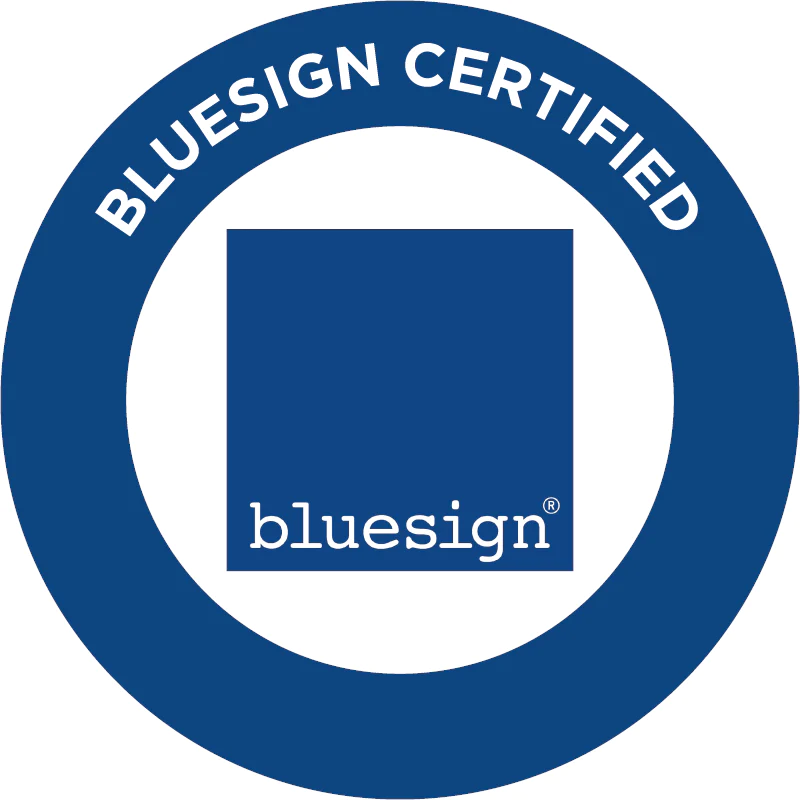
The Bluesign certification is widely recognized as one of the most reputable labels for textiles tested for harmful substances worldwide. This certification ensures high product safety in the global apparel and footwear industry, guaranteeing that products are harmless to the human environment. With its stringent standards and comprehensive approach, Bluesign has become a trusted partner for brands and consumers alike.
In today's market, where sustainability and consumer health are increasingly important, the Bluesign certification stands out as a mark of excellence. It goes beyond mere compliance with legal requirements, focusing on the entire production process to minimize the impact on the environment and human health. By addressing the entire supply chain, from raw materials to finished products, Bluesign ensures that harmful substances are eliminated or reduced to a minimum.
One of the key strengths of Bluesign is its holistic approach. It takes into account not only the final product but also the production methods and inputs used. This means that every aspect of the manufacturing process is carefully evaluated and optimized to meet Bluesign's strict criteria. From chemical management to energy and water consumption, Bluesign scrutinizes every step to ensure sustainability and safety.
The certification process involves several stages, starting with an assessment of the production facility's input stream. This includes examining the chemicals used, their potential risks, and their compliance with Bluesign's standards. If any substances are found to be hazardous, the facility is required to replace them with safer alternatives. Additionally, Bluesign provides guidance and support to help manufacturers make sustainable choices, promoting the use of eco-friendly materials and processes.
Once a facility meets Bluesign's requirements, it receives the coveted certification. This certification is not a one-time achievement but requires continuous monitoring and improvement. Bluesign conducts regular audits and on-site inspections to ensure ongoing compliance with its standards. This ensures that certified products maintain their high level of safety and sustainability over time.
For brands, obtaining the Bluesign certification offers numerous benefits. It allows them to demonstrate their commitment to producing safe and sustainable products, giving them a competitive edge in the market. Certified products are also more appealing to environmentally conscious consumers who prioritize health and sustainability. By partnering with Bluesign, brands can enhance their reputation and build trust with their customers.
Consumers, on the other hand, can rely on the Bluesign certification as a reliable indicator of product safety. When purchasing Bluesign-certified textiles, they can be confident that the products have undergone rigorous testing and meet the highest standards for human and environmental health. This empowers consumers to make informed choices and support brands that align with their values.
In conclusion, the Bluesign certification is a globally recognized label that guarantees high product safety in the apparel and footwear industry. Through its comprehensive approach and stringent standards, Bluesign ensures that harmful substances are eliminated or minimized throughout the production process. By obtaining this certification, brands can showcase their commitment to sustainability and gain a competitive advantage, while consumers can make informed choices and support products that prioritize their health and the environment.